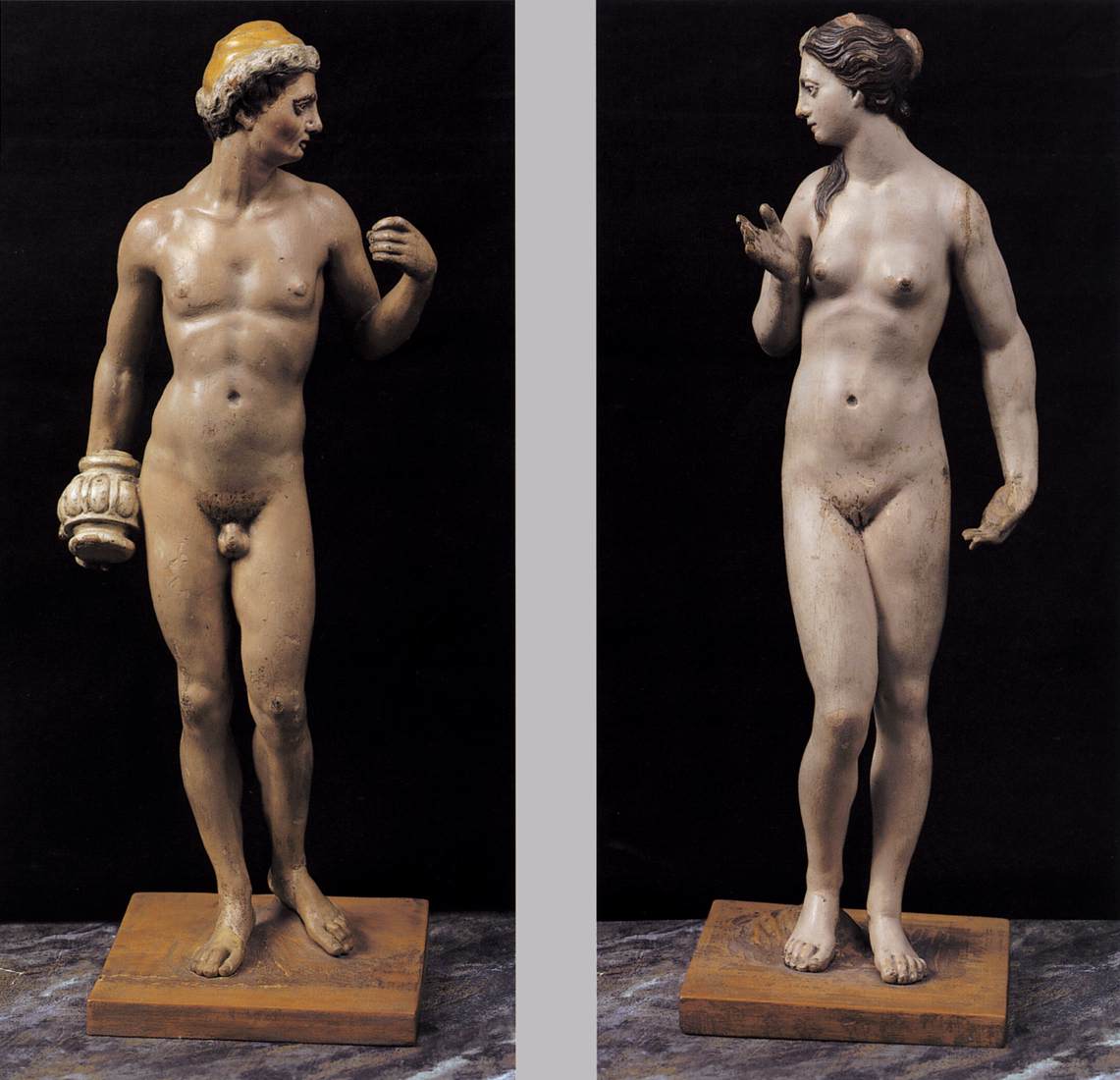An iconographic and text archive related to communication, technology and art.
Now Epimetheus, being not so wise as he might be, heedlessly squandered his stock of properties on the brutes; he still had left unequipped the race of men, and was at a loss what to do with it. As he was casting about, Prometheus arrived to examine his distribution, and saw that whereas the other creatures were fully and suitably provided, man was naked, unshod, unbedded, unarmed; and already the destined day was come, whereon man like the rest should emerge from earth to light. Then Prometheus, in his perplexity as to what preservation he could devise for man, stole from Hephaestus and Athena wisdom in the arts together with fire–since by no means without fire could it be acquired or helpfully used by any–and he handed it there and then as a gift to man. Now although man acquired in this way the wisdom of daily life, civic wisdom he had not, since this was in the possession of Zeus (…)
☛ Platon, Protagoras, 321b-321e, in Plato in Twelve Volumes, Vol. 3 translated by W.R.M. Lamb, Cambridge, MA, Harvard University Press; London, William Heinemann Ltd. 1967
This quote allows to think of “the man without quality” as being both Epimetheus (since he distributed all the qualities and kept none for humans) and human beings themselves (since they received none from Epimetheus and, hence, are defined by the fact that they have no proper quality). French translation of the same quote below:
Cependant Epiméthée, qui n’était pas très réfléchi, avait, sans y prendre garde, dépensé pour les animaux toutes les facultés dont il disposait et il lui restait la race humaine à pourvoir, et il ne savait que faire. Dans cet embarras, Prométhée vient pour examiner le partage ; il voit les animaux bien pourvus, mais l’homme nu, sans chaussures, ni couverture, ni armes, et le jour fixé approchait où il fallait l’amener du sein de la terre à la lumière. Alors Prométhée, ne sachant qu’imaginer pour donner à l’homme le moyen de se conserver, vole à Héphaïstos et à Athéna la connaissance des arts avec le feu ; car, sans le feu, la connaissance des arts était impossible et inutile ; et il en fait présent à l’homme. L’homme eut ainsi la science propre à conserver sa vie ; mais il n’avait pas la science politique (…). (Platon, Protagoras, §XI, tr. Émile Chambry)

- By Philippe Theophanidis
- on
- ― Published in Art, Communication
- Tagged: Epimetheus, lack, loss, mythology, Plato, Protagoras, quality, without
